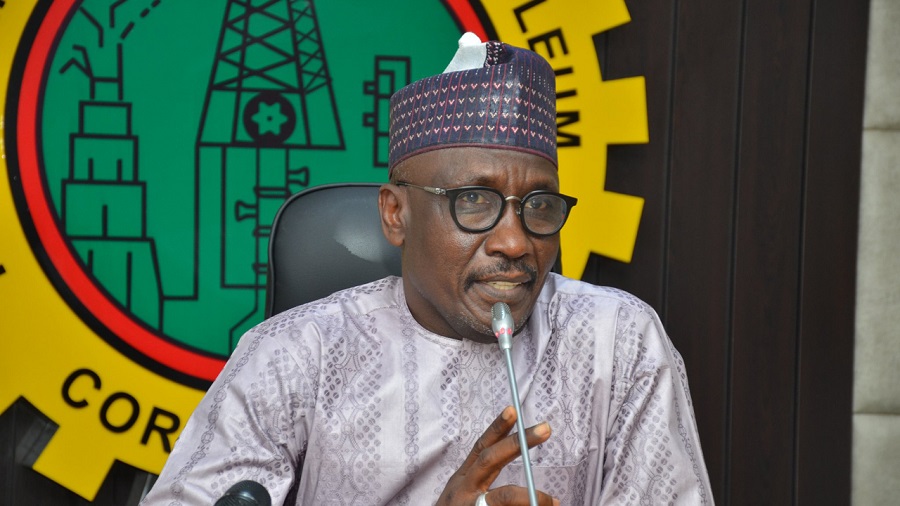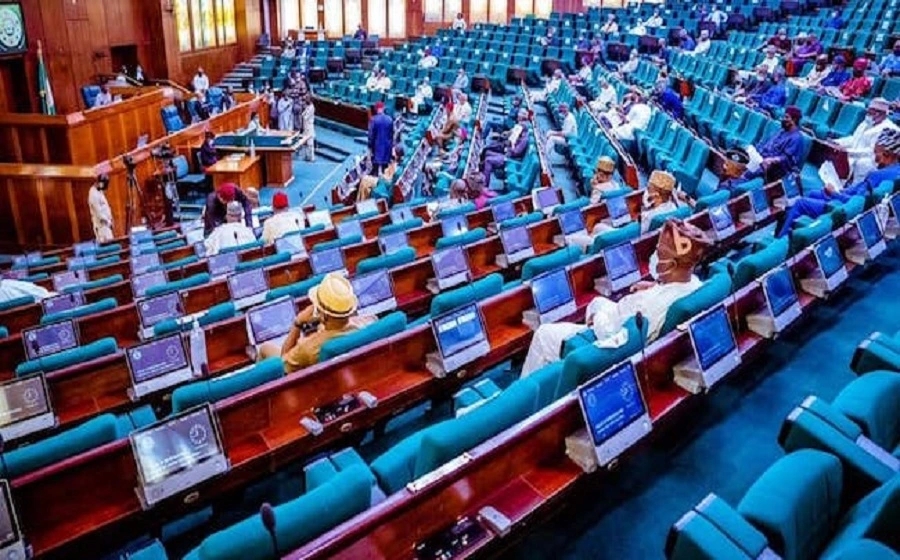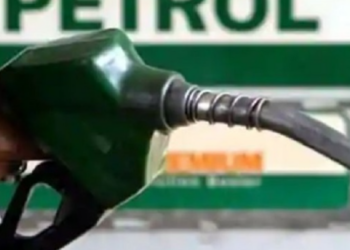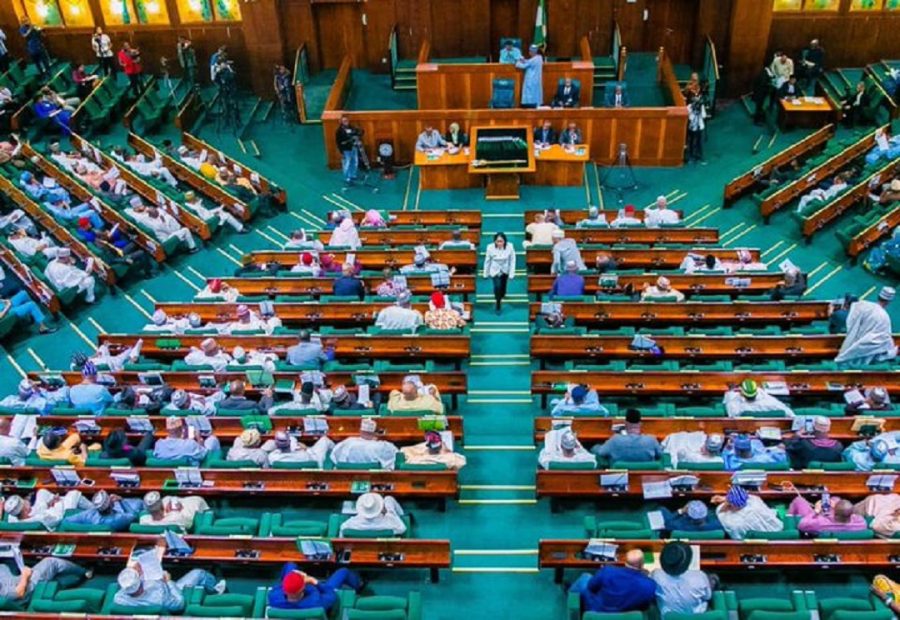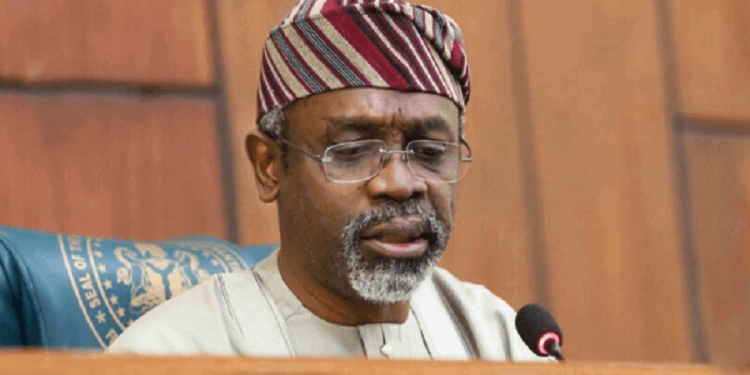The Nigerian National Petroleum Corporation Limited has disclosed to the House of Representatives that the company had placed significant orders of over 2.1 billion litres of methanol-free PMS to ensure the queues vanish in a few days.
This was disclosed by the NNPC boss, Mele Kyari on Wednesday in a briefing with the House of Representatives Committee on Petroleum.
Kyari also admitted to the committee that methanol discovery was made by its inspection agents who noticed the emulsification at the filling stations.
What the NNPC boss is saying about the supply of fuel
Mele Kyari explained that the situation came about as a result of the discovery of methanol in the PMS cargoes shipped to Nigeria under the subsisting commercial contract operated by the NNPC and its partners.
According to the CEO, the reason why tests did not reveal methanol presence was because Nigeria’s specifications do not include methanol.
“We are a law-abiding company. There is no way we could have known about the methanol presence. The only way we could have known about it is if our suppliers, in good faith, made the disclosure to us
“In this particular instance, the discovery was made by our inspection agents who noticed the emulsification at the filling stations and brought it to our attention
“Subsequent investigation revealed that the four cargoes which are all from the same source also contained methanol-blended,” he said.
Kyari also assured the Committee and Nigerians that measures have been put in place to accelerate fuel supply and distribution in the country, as he revealed that the company had placed significant orders of over 2.1 billion litres of methanol-free PMS to ensure the queues vanishes in a few days.
He pledged that NNPC would co-operate with the Committee and the Nigerian Midstream and Downstream Petroleum Regulatory Authority (NMDPRA) to get to the root of the matter.
Nairametrics reported earlier that the Major Oil Marketers Association of Nigeria (MOMAN) has directed its members to extend the operations of their jetties, depots and filling stations to between 18 to 24 hours daily until the long queues in some states in the country subsides.

